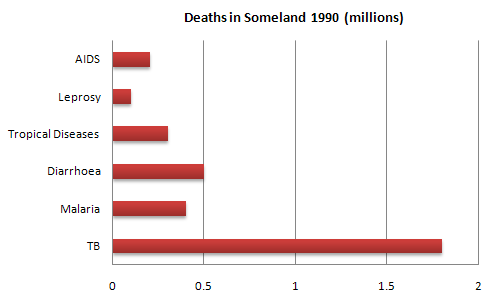Transport # Essay For IELTS
Essays in IELTS are of a varied range. You could either be asked something related to environment or pollution or may be your opinion on the general trend. Let us have a look at essays related to transport. Transport is a means of travelling from one place to another. However, with growing times, it has posed different issues. As a result, it has become quite popular topic in the IELTS writing task.
- With the increase in private vehicles, roads have become more congested. What measures can the government and individuals take to deal with this situation?
- With the increase in number of flights, environmental concerns have increased. Some people suggest that to reduce the effects, the taxes on the flights must be increased. To what extent do you agree/disagree?
- Some people are of the opinion that an individual must retake their driving test every five years. What are the advantages and disadvantages of it?
- With the increasing congestion, some people have suggested that we must launch sky trains, which run above the head and not on road. What are the advantages and disadvantages of using this mode of transport?
- Some people suggest that in order to reduce congestion in cities, privately owned vehicles must be banned while others consider this an unrealistic solution. Discuss both views.
Now, you have got questions. Brainstorm yourself and figure out ideas for the above questions. Practice them well and make sure that you get a high band in IELTS.

